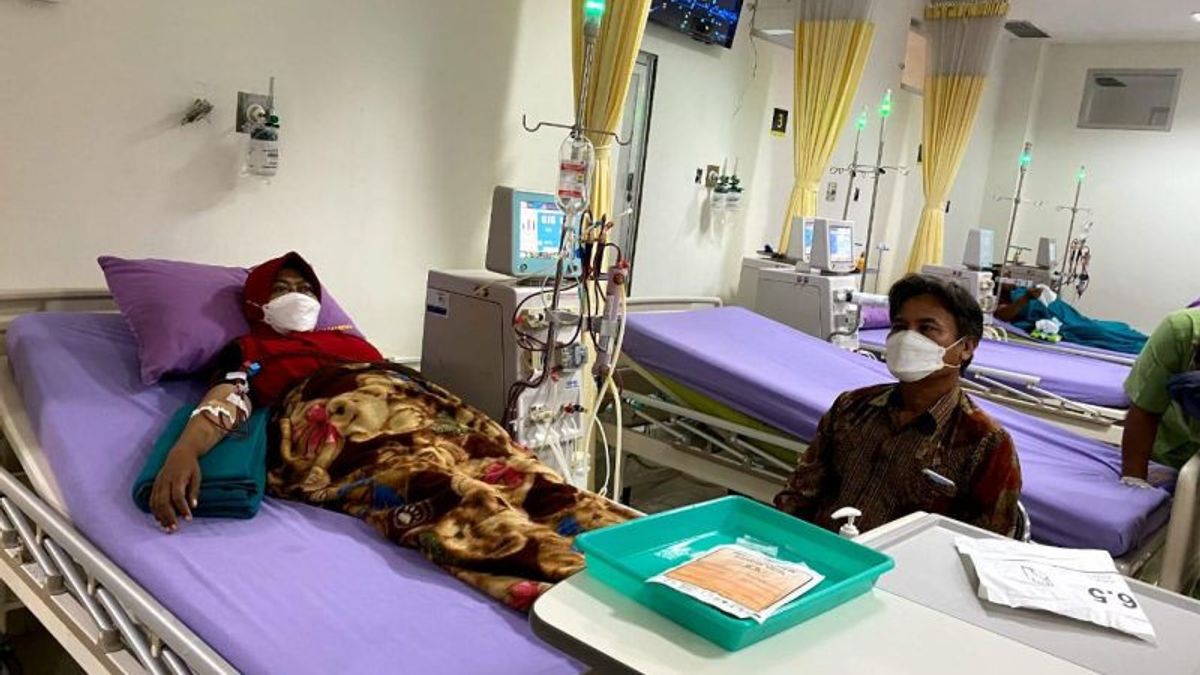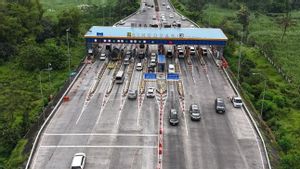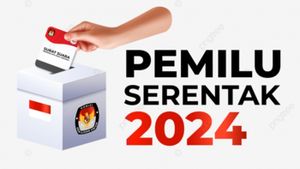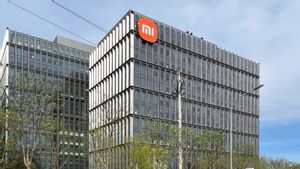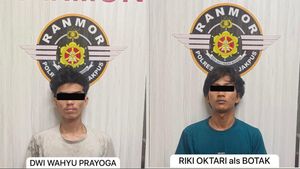KEDIRI - The City Government of Kediri, East Java, emphasized that making it easier for public health services by only showing ID cards for treatment at government hospitals, Puskesmas and clinics of the Mayor of Kediri Abdullah Abu Bakar, currently in the City of Kediri the Universal Health Coverage (UHC) has 98.71 percent and the public can easily access health services. "The total has collaborated with 52 FKTPs. Consisting of 16 individual practice doctors (DPPs), 15 pre-main clinics, two TNI/Polri clinics, nine health centers, and 10 dentists. As for FKRTLs, they have collaborated with 13 FKRTLs. Consisting of three type B hospitals, seven type C hospitals, and three type D hospitals," he said, quoted by ANTARA, Sunday 19 March. In Kediri City, the current achievement of Universal Health Coverage (UHC) is 289,501 people out of 293,287 the total population of this city or 98.71 percent of the population. They have been registered in the National Health Insurance Program (JKN). He said, the public should no longer worry about access to health services or health care financing. In the JKN-KIS program, BPJS Kediri Branch Health has collaborated with health facilities spread across the City of Kediri, both first-level health facilities (FKTP) and advanced referral health facilities (FKRTL). He also added that the public also does not need to worry anymore to bring various requirements when coming to health facilities. Participants simply show population sign cards (KTPs) or population identification numbers (NIKs) or digital Smart Indonesian Cards (KISs) on the Mobile JKN application can already be served in the health facilities of BPJS Health partners. With this convenience, participants no longer need to print KIS physical cards. If the BPJS Health membership identity is left, damaged, or even disappears when accessing health services, participants simply mention NIKs or show ID cards, or KIS Digitals that exist in the JKN Mobile Application.
He also said that there is no longer any obligation to show a physical card for BPJS Health membership, let alone photocopy of other requirements files. Patients can also be checked outside health facilities a maximum of three times a month. Childbirth can also be covered by BPJS health. "The same is done without discrimination," he said.
The English, Chinese, Japanese, Arabic, and French versions are automatically generated by the AI. So there may still be inaccuracies in translating, please always see Indonesian as our main language. (system supported by DigitalSiber.id)
